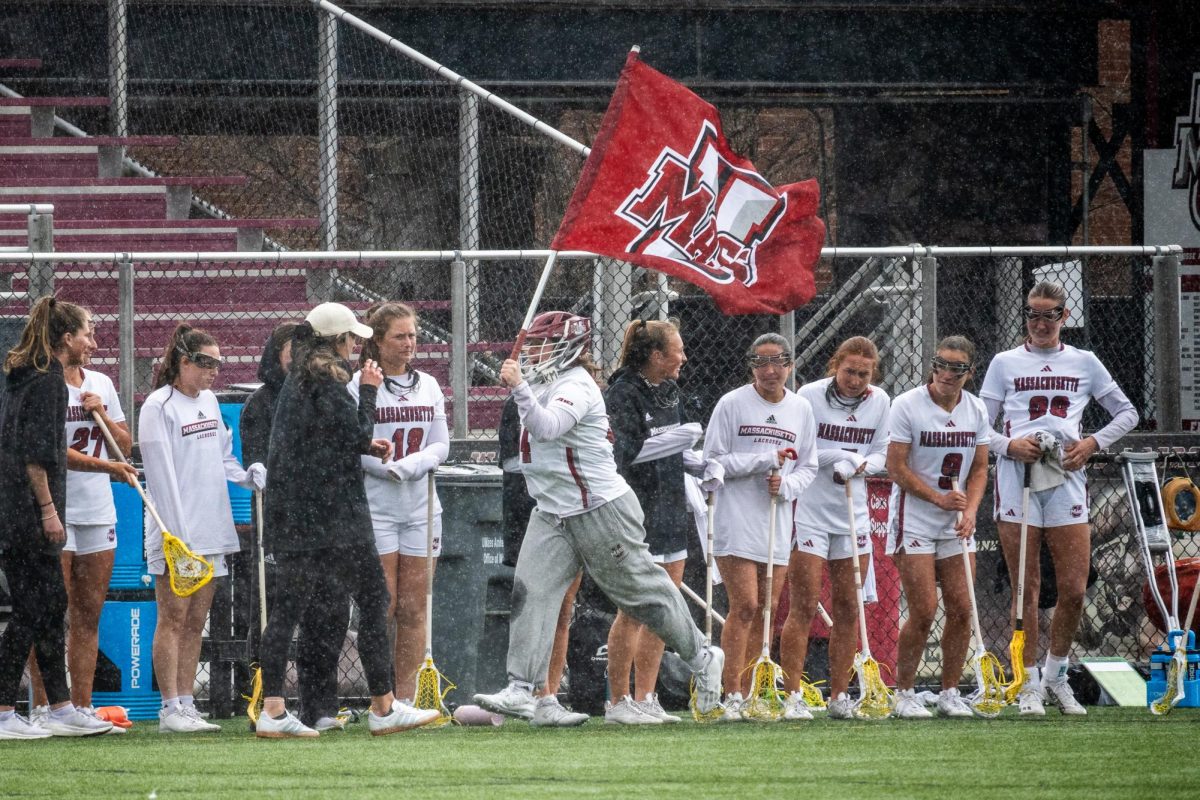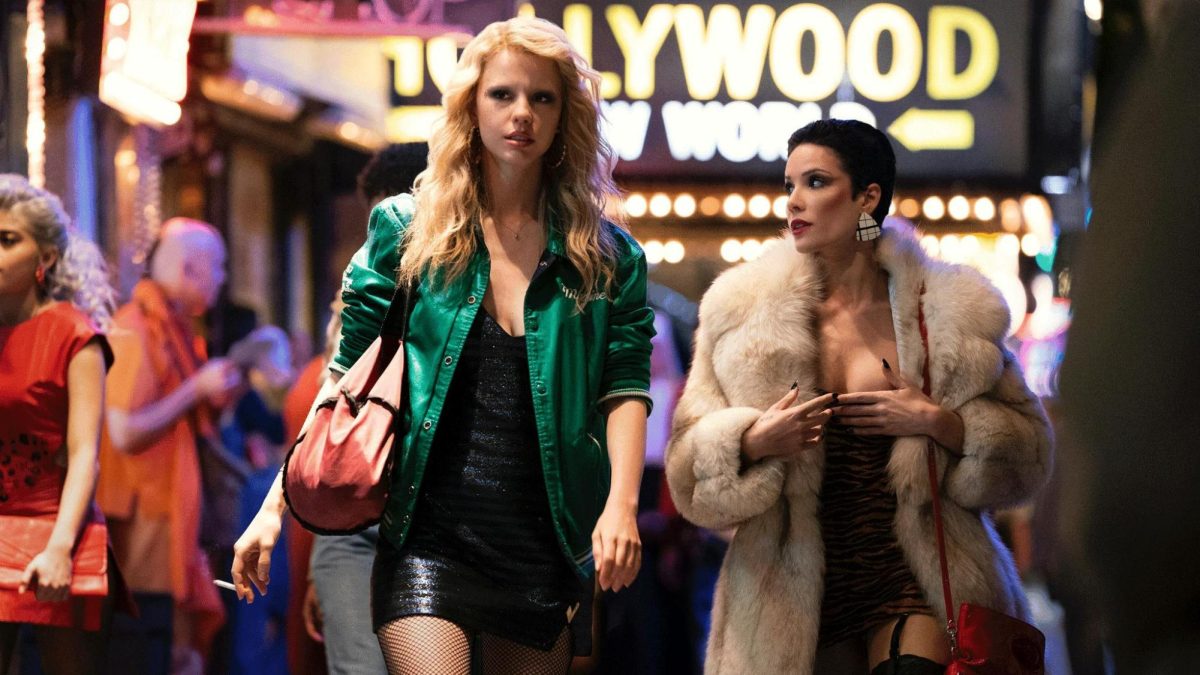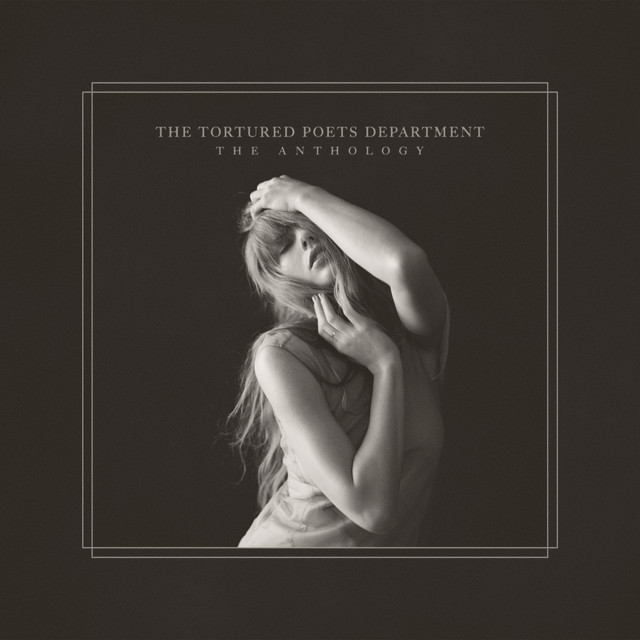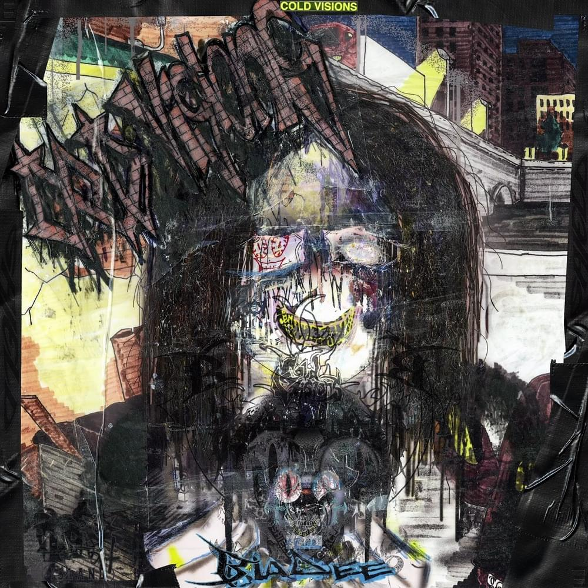Following the U.S. Department of Justice’s investigation into Ticketmaster parent company Live Nation, Live Nation is preparing to face an anti-trust lawsuit as soon as May 2024. The investigation was carried out in November of 2022 following the sale of Taylor Swift’s Eras Tour.
As tickets for Swift’s tour went on sale, fans were met with hour-long queues, frozen screens and the Ticketmaster website crashing. Bots were able to make it past these barriers whereas fans were left stranded. Tickets ended up hittingresale sites for over $10,000 for a single ticket.
With Ticketmaster controlling 70 percent of the live event and concert ticketing market, Live Nation was not adequately prepared for the level of demand anticipated and did not properly invest in the customer’s ticket-buying experience.
Previously in 2010, the Department of Justice allowed for Live Nation and Ticketmaster to merge, resulting in Live Nation Entertainment. Following the merger, Ticketmaster agreed to measures that would improve competition such as licensing its ticketing software. The DOJ also prohibited Live Nation from “retaliating against any venue owner that chooses to use another company’s ticketing services or another company’s promotional services.”
In 2019, the DOJ accused Live Nation of violating their agreement and appointed monitors to make sure Live Nation was complying with their guidelines.
The major concern with Live Nation though is its engagement in anti-competitive behaviors and dominating the market. With Ticketmaster holding 70 percent of ticketing sales, they have stifled competition and hurt consumers.
From high ticket prices to bots making their way through queues, the ticket purchasing process has become a stressful, arduous process. Even fan-verified presales have become obsolete.
Ticketmaster and Live Nation have argued that they are not responsible for ticketing prices but rather it’s the artist and their team. Live Nation promoters are a major part of the artist’s team when it comes to touring and live events. These promoters advise artists on pricing and negotiate with venues – of which 78 percent of major venues utilize Live Nation’s ticket services.
Venues are incentivized by Ticketmaster and Live Nation to charge higher service fees. Venues propose a service fee during contract negotiation. Bids for the contract are then placed by ticketing companies, like Ticketmaster. As part of the contract, ticketing companies take a portion of the service fees charged. By charging more, Ticketmaster is more likely to bid on a contract where they will receive a larger cut. With little competition in the ticketing industry, venues also don’t have much option but to settle for Ticketmaster.
Claims that Ticketmaster is taking advantage of their power in the live entertainment industry aren’t anything new. In 1995, Pearl Jam tried to take on Ticketmaster’s outrageous service fees. The DOJ approached Pearl Jam to file an antitrust complaint against Ticketmaster. In their complaint, they alleged that Ticketmaster is taking control of the market by setting up exclusive deals with venues allowing them to only use Ticketmaster for ticket sales, as well as charging excessive fees. This left consumers and artists with no choice but to use Ticketmaster.
Artists today are also making efforts to reduce ticket prices and scalpers. Maggie Rogers recently announced the “Don’t Forget Me” tour. In her announcement, Rogers said, “From April 13th to April 20th, in every city where I’m playing in an arena this fall, you can go to the local box office to choose your seats and buy your ticket for a special in-person price.” Ahead of his “We’ll All Be Here Forever” tour, Noah Kahan decided to make tickets non-transferable to prevent scalpers looking to resell.
While Live Nation maintains they aren’t a monopoly and have no control over ticket prices, they do hold a significant amount of power in the industry. Their influence and dominance in the market encourage venues to prioritize major corporations over the artist and fan experience.
Katherine Varrell can be reached at [email protected]



















